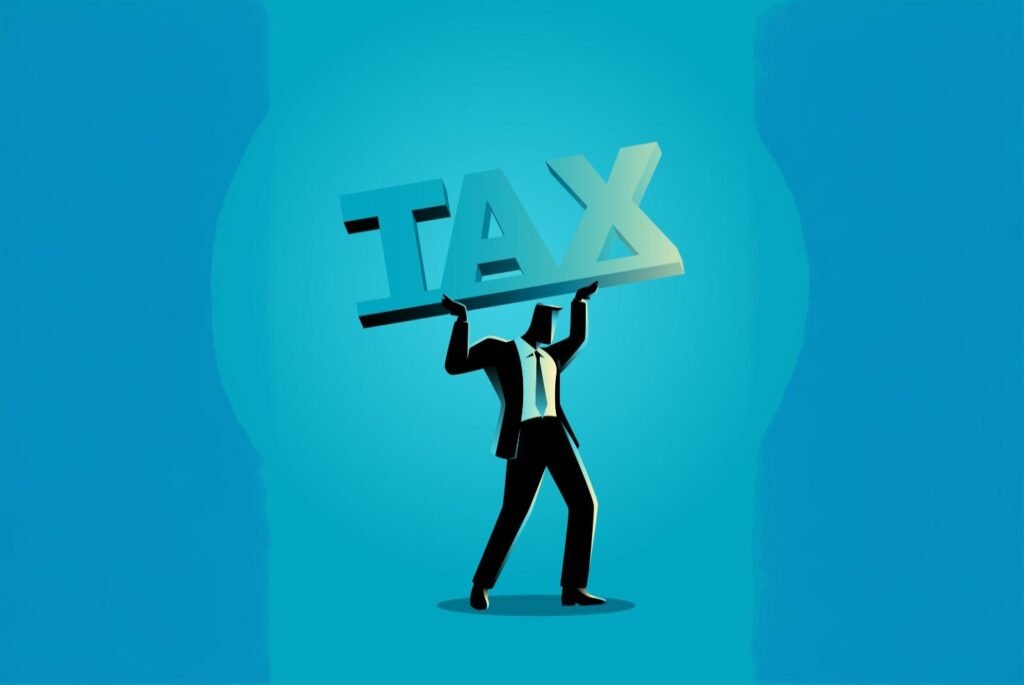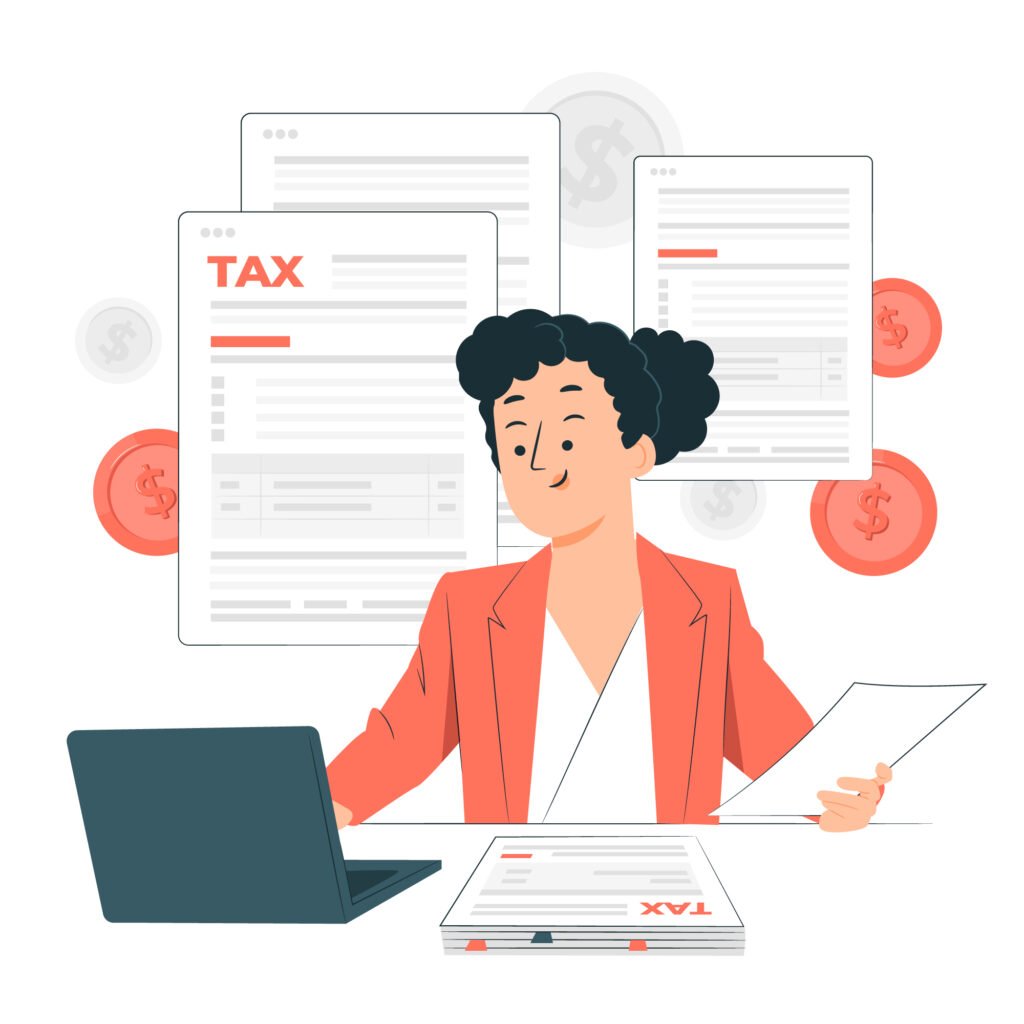
For professionals and business owners across India, navigating taxes is a crucial part of financial management. One such mandatory deduction often overlooked in discussions is the Professional Tax. Despite its name, this tax doesn’t apply solely to professionals like doctors, lawyers, or chartered accountants. In fact, it covers a much broader spectrum of individuals earning income through employment, business, or trade.
At Riverview FinServ, we believe that informed financial decisions begin with understanding. Here’s a comprehensive guide to professional tax — its significance, compliance needs, and how to manage your liabilities efficiently.
What is Professional Tax?
Professional Tax is a state-level tax levied on income earned by way of profession, trade, or employment. It is governed by the respective state’s legislation, which means the rules, rates, and applicability may vary from one state to another.
The tax is usually deducted by the employer from the salaries of employees every month and deposited with the state government. For self-employed individuals, it’s a direct liability to be paid as per prescribed slabs.
Who is Liable to Pay Professional Tax?
Professional Tax is applicable to:
- Salaried employees and wage earners
- Freelancers and self-employed professionals (e.g., consultants, doctors, lawyers)
- Business owners
- Partners and directors of companies
Certain individuals or income thresholds may be exempt depending on the state—such as senior citizens, parents of children with disabilities, or members of the armed forces.

Why is Professional Tax Important?
- Legal Compliance: Non-payment can result in penalties or legal action, as it’s a statutory obligation.
- State Revenue: It contributes to the state’s revenue pool, supporting welfare programs and development.
- Tax Deductibility: The amount paid as professional tax is allowed as a deduction under the Income Tax Act, reducing your taxable income.
Compliance Requirements
To ensure smooth compliance:
- Registration: Businesses and professionals must register for professional tax within 30 days of hiring staff or starting a practice.
- Deduction & Payment: Employers must deduct the tax monthly and deposit it within the due date. For self-employed professionals, payment frequencies vary (monthly, quarterly, or annually depending on the state).
- Returns Filing: Periodic returns must be filed as per state mandates to validate payment and avoid penalties.
Missing deadlines or non-payment can lead to fines that accumulate rapidly—making timely compliance crucial.

Managing Professional Tax Effectively
Managing professional tax liabilities doesn’t need to be stressful. Here are some tips:
- Stay Informed: Keep updated with changes in slabs and deadlines in your state.
- Automate Deductions: Use payroll software or services to handle deductions and deposits.
- Maintain Documentation: Keep all payment proofs and registration certificates handy for audits.
- Plan Ahead Financially: If you’re self-employed, budgeting for tax payments in advance can prevent last-minute financial strain.
Tax-Friendly Loans: A Smart Way to Bridge Financial Gaps
At times, especially for small business owners or independent professionals, aligning cash flows with tax obligations can be challenging. That’s where Riverview FinServ’s tax-friendly loan solutions come into play.
Whether you need funds to clear pending tax dues or want to ensure seamless compliance without disrupting your working capital—our tailored loans provide:
- Flexible repayment options
- Quick disbursal
- Minimal paperwork
- Affordable interest rates
It’s a smart way to stay compliant without compromising business stability or personal finances.
Final Thoughts
Professional tax may not be as widely discussed as income tax or GST, but its relevance is just as critical. Staying compliant not only keeps you on the right side of the law but also builds financial credibility and peace of mind. And if ever you find yourself needing a buffer to manage these obligations, Riverview FinServ is here with practical, tax-smart solutions to help you stay ahead.

